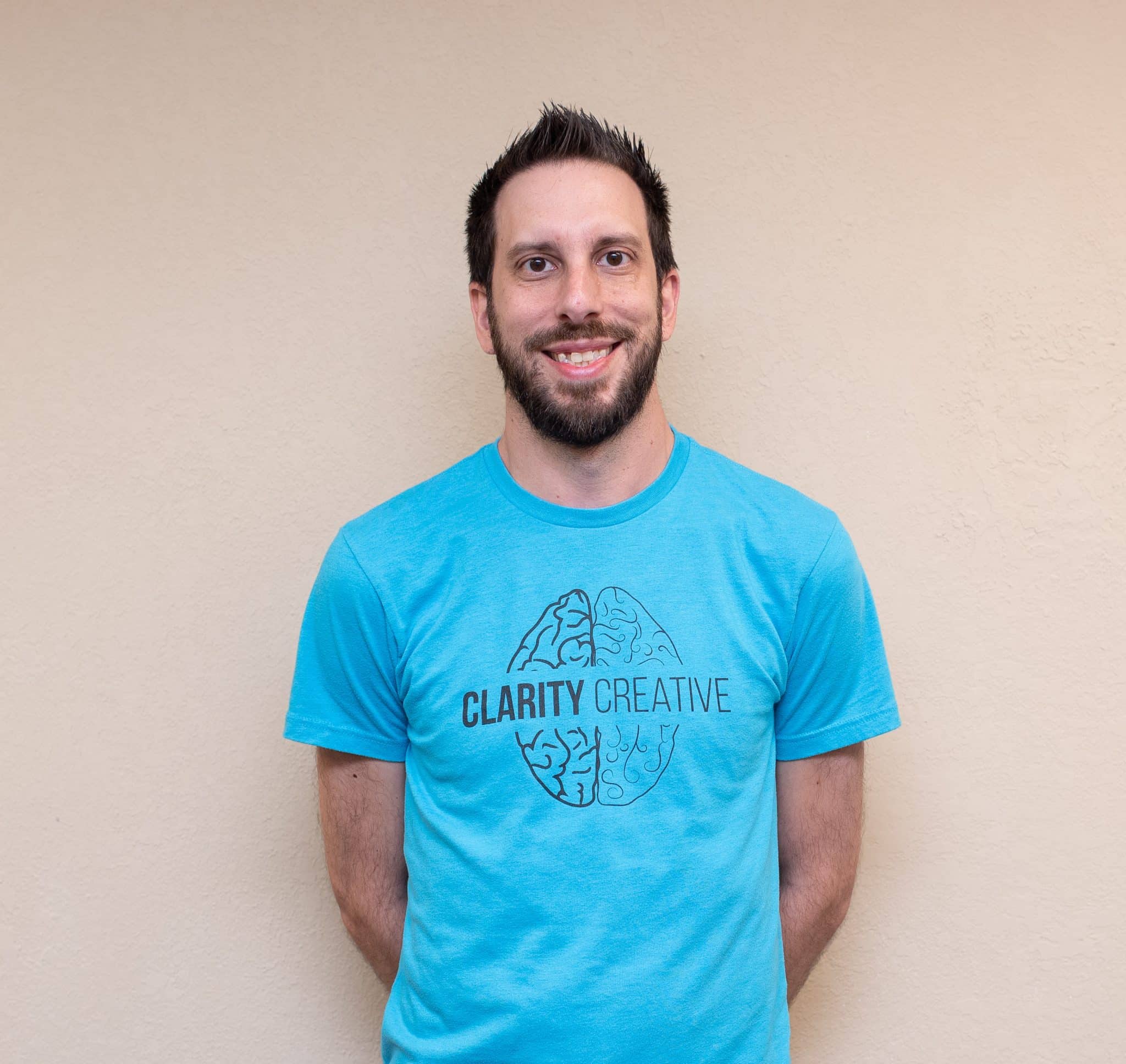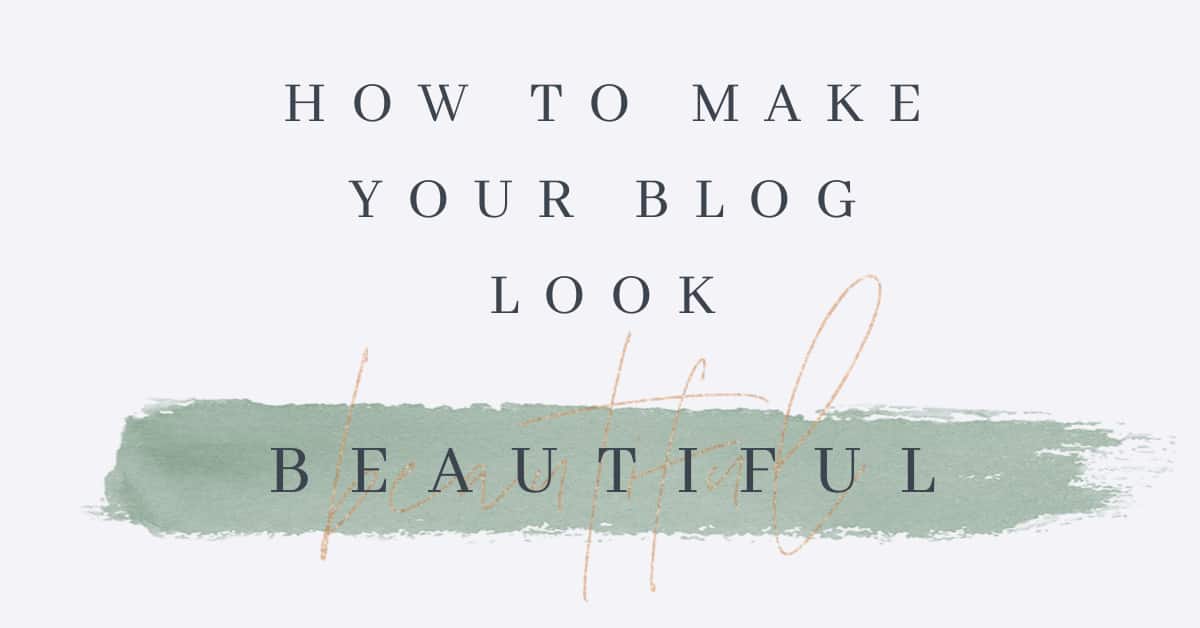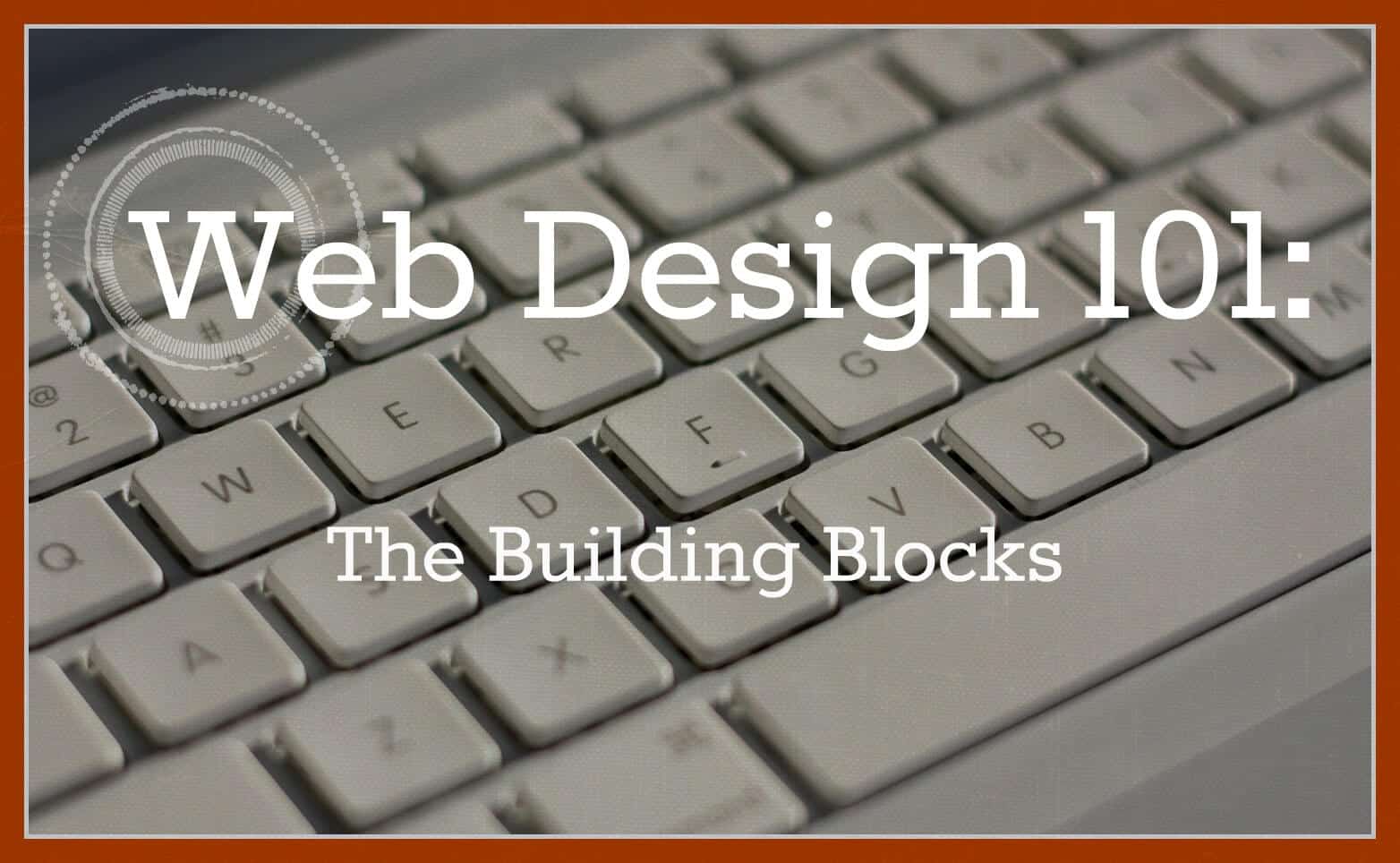In our sixth episode, we’re going back to our roots and talking about Clarity’s first love: websites.
- Our tool of the episode is Tawk.to, a free live chat software for your website. This is the perfect tool for startup owners to interact with web visitors in real time while still doing their thang.
- In our trivia segment, Craig upholds his “lead” by getting “more” “right” answers about websites. Test your trivia knowledge and learn yourself a thing or two.
- In this episode’s Deep Dive, we talk about websites: we know ’em, we love ’em, we share why your small business needs ’em. Find out what you need for a basic first website, when a do-it-yourself website builder is okay, and why Facebook isn’t enough.
Hearing impaired? Just want to exercise your eyeballs for a bit? You can read the entire transcript below.
Like what you hear? Go ahead and subscribe:
- Subscribe to us on Apple iTunes
- Listen to us & subscribe on Stitcher or Google Play
- Follow us on Soundcloud
Episode Transcript
Craig: Welcome back to IWantBusiness, the Small Business Podcast. This is our website episode, one of what might be many all about websites. It’s something we love, something we could talk about for days, but we’re gonna keep it short and sweet.
Our tool of the week, David’s gonna go into it in just a moment. We’ve got our trivia segment and then, of course, our Deep Dive into websites. I can’t wait to hear about the tool of the episode.
David: Oh, yeah. I’m here. And we’re also here with Brian Fritz, our amazing producer. And I just wanted to tell Craig about a new tool that I found out about just this week, called Tawk.to.
Craig: Tawk.to. I like it.
David: Now, here’s the thing–
Craig: How much?
David? Zero dollars.
Craig: Love it.
David: Free. Free. Here’s the thing, let’s spell it for you: T-A-W-K, dot T-O.
Craig: Okay.
David: I don’t like apps that have normal names, if you haven’t figure that out.
Craig: We got it.
David: We make sure that we get rid of all necessary vowels or correct spellings and we find some really interesting tools.
Craig: Tawk.to, with a W.
David: So Tawk.to is a chat platform that you can actually put on your website. It’s free. Gotta love that.
Craig: I love it.
David: It’s easy to set up, it takes only a minute. It allows you to answer people’s questions and have a little box on the bottom that says “Chat Here” and you can brand it to your company. And it allows you to now have a chat functionality on your site. Great to get started.
Why is it free? It’s because they want to have the larger companies pay them to help answer some of the questions and some of that…
Craig: Gotcha.
David: But, for this case, you’re the one answering it. I was talking with a client of ours that has a current one that they use. The one that they use, they pay per lead, so they have to pay a couple bucks…
Craig: Per communication.
David: …Every time someone has to communicate with them. Now, for their business, they’re already established, they’re pretty busy and their sales team doesn’t really have time to sit on a chat function. So for them, it’s nice to have somebody answer those questions. But for startups, usually have a little bit of free time or are able to be multi-tasking and this would work out really well. You have this running in the background, while you’re in the office, while you’re working, probably in between 8-5. And it allows you to have a little chat box that, when people go to the website, they can now interact with you. So you don’t even have to email.
Craig: How easy is it to load on to your website?
David: It’s just a–I’m gonna use a little computer-speak here–it’s just a quick, little JavaScript code that you add into your website. A web developer could add it in a minute…
Craig: Or maybe, like, ten minutes.
David: Maybe…well, the layman might take ten minutes or so. But they’ll walk you through it, it’s pretty easy. It works on pretty much all website platforms.
Craig: Is it something that people could put on their website themselves or you really do need someone? ‘Cause you said “JavaScript.” We’re gonna talk about websites in this whole episode, so I know we’re gonna cover WordPress. We’re gonna cover some things about websites. Is it something that, again, you need that developer piece or anyone can get in there?
David: Anybody can get in there. It’s really just one line of code that you’re just adding on to your header. Similar to an Analytics code or–
Craig: Gotcha.
David: You load it in there, and then it pretty much adds the chat functionality to your website. It’s just about customizing it, that way it’s all set-up and unique to your business and you go ahead and answer and socialize–
Craig: I think this is huge for anybody that sells something online. People have questions. Your FAQs may not answer all those questions. Something like this allows that immediate, direct contact. Now, again, they’re trying to sell themselves to the big companies and make money that way. But when it’s on my side, per se, I’ve got to do that interaction, correct?
David: Yeah, you’re gonna be the one talking to the people. You’re gonna be the one answering those chats–
Craig: Can I turn it on and off easily?
David: Yeah, you pretty much log in and say “I’m here to answer,” chat functionality on. Or you can have it so it says off, which pretty much…they leave a message and you can get back to them at any time.
Craig: Does it give me a pop-up window and let me know when somebody’s trying to interact?
David: Yeah, there’s a little box or whatever in the bottom that just says, “Hey…” or whatever. There’s an app on your phone, so you can even do it if you’re not in the office. There’s a Windows app and a Mac app and everything. And you can do it online as well. So whatever interface you’re more comfortable with and how in-depth you want to open it up. And then you can have multiple conversations. They were saying that you can pretty much have unlimited chats all at one time.
Craig: Wow.
David: Yeah, yeah. Just because maybe you’re chatting with one person, which is kinda cool, you’re not gonna be stuck not being able to interact with others. As long as you can multi-task, you can chat with them.
Craig: Answering customers’ questions is huge. It’s what builds credibility with them. It’s what makes them want to spend their money with you. And it’s not just people selling a product. We have a web business; there’s tons of questions in that field. And, to be able to answer them in real-time with people, where we didn’t even know who they were, they were just browsing the site and they get a pop-up of a “Would you like to chat with someone now?” Huge companies are using this functionality. Amazon’s using this functionality. Not necessarily from Tawk.to, but this is a free and easy way for you to be able to use it on your website.
David: Yeah. Great way for startups to get started and be able to interact with the people that visit their websites, to find out why they’re there and what they’re looking for. Again, if they have any questions, you’re right there, chat box ready to go, simple. Just a great way to talk.
I think finding a free version, without ads, and easy to install and be able to work on all platforms, I thought was a great way to get small businesses off the ground with this. So it’s Tawk.to, T-A-W-K, dot T-O. So, we’ll definitely include that in the show notes, so that way, you’ll be able to link to it and find out more about it.
Craig: Now that you know all about having a chat functionality on your website in a free method, which we absolutely love, let’s continue my trivia dominance over David and Brian. We’re gonna jump into our trivia segment all about websites. I went first in our last episode, so in this episode, David has honors.
Some people say he won last episode, 2 to 1. Obviously, you weren’t paying attention, that was golf scoring. I did win. I am in the lead now, three games to one. I think. We’re gonna have, maybe, Brian will keep track, keep tally. It feels like 3 to 1 is right.
David: I definitely think Brian should keep tally because, as far as I recall, it’s tied at 2-2.
Craig: Well, that doesn’t sound right.
Brian: I got to make a judgment call here, then.
David: I would think…
Brian: I’m gonna say 2-2.
Craig: Oh!
David: I like Brian a little bit more today.
Craig: I think the comment section will tell the tale.
David: We’ll see if we need to have golf scoring on this round. So, question number one for trivia: According to the Alexa ranking…
Craig: Oh no!
David: …Rank the following from least to most popular.
Craig: I can do it.
David: Netflix, Tumblr, and X.
Craig: You want me to go least to most?
David: Mm-hmm.
Craig: And that’s Alexa, they do website traffic–
David: They do the website tracking. Now, it’s not necessarily official-official, but this is based on their rankings of popularity.
Craig: I will do…. I’m gonna gamble here.
David: Okay.
Craig: And say that you might have already had them in the order.
David: Okay.
Craig: I think Netflix is the least, then Tumblr, then X. But I’m nervous because I feel like there’s– I’m don’t know much about Tumblr. I’m not sure if they’re, like, big anymore. That’s an older thing. But I feel like people still use it like Reddit, too.
David: Okay, so you say–
Craig: Now wait, I want to change it because of your face! I want to go… No, I’m gonna keep it.
David: You’re gonna keep it.
Craig: Netflix, Tumblr, X.
David: All right, you should have changed it. (laughing)
Craig: Tumblr, least.
David: Tumblr’s the least…
Craig: Netflix, then.
David: Netflix.
Craig: Then X. That’s what I was gonna change it to.
David: Yeah, well, you didn’t.
Craig: I’m taking the point.
David: (unsure noises)
Craig: I changed it before…
Brian: No, you didn’t.
Craig: (laughing)
Brian: I didn’t hear the words coming out of your mouth.
David: I’ll give you a half point.
Craig: I’ll take the half point. Because I knew to change it. Tumblr’s dead now.
David: You love X.
Craig: X’s one of the top 10, I think.
David: Yeah, but Tumblr’s in the top 50, which I thought was pretty cool. Netflix, obviously growing as it becomes more and more popular–
Craig: Ninety million subscribers.
David: Yeah.
Craig: That is almost a billion dollars a month. That’s why they can afford to give Seinfeld $100 million for two specials. Just two.
David: They took Blockbuster out of the running thanks to their website. So, talk about revolutionizing video. Next question…
Craig: Half a point was awarded, by the way.
David: Half a point. I’ll give it to you.
Craig: That could matter.
David: Oh, boy. PayPal’s original domain was actually a letter. What one letter was their domain?
Craig: What…?
David: PayPal. Elon Musk.
Craig: He did that?
David: Yeah.
Craig: Look at that.
David: So they decide that they were gonna change it to make it more user-friendly.
Craig: I feel like this could be a trick question. Brian, you wanna guess?
Brian: If I had to guess, I’d say Y.
Craig: He’s saying Y, I’ll say P. I have no idea.
David: The letter was X.
Craig: X! You’re the worst.
David: X.com. So they realized that, back in the infancy of the web, they realized that people aren’t gonna know what X.com is, so they came up with PayPal, thinking that people would trust a pay service going back and forth would make more sense than calling it X.com.
Craig: So I said “P,” which is farther away from the Y that Brian said…
David: Y is much closer, so he gets a point.
Craig: No, mine’s farther away, which is better…
David: I don’t think that works.
Craig: Closer to PayPal, half a point on that as well.
David: Uh, zero points.
Craig: Half a point.
David: All right, next one. Question three: Google was originally called Backrub. That has nothing to do with the answer, but I just wanted to say “backrub…”
Craig: Yep.
David: I thought it was a funny little fact. However, mathematically, it’s spelled G-O-O-G-O-L.
Craig: Mathematically, that is correct.
David: They, obviously, got it wrong and spelled it Google. Kept it going, kinda funny. How many zeros are in the mathematical term googol?
Craig: One hundred.
David: There you go.
Craig: One hundred zeros.
David: So Craig got one and a half points.
Craig: I’m gonna redo my questions for you and make them ridiculous. Guinness record-style. I’m just kidding, I got two points. I did acquire half a point on number two.
David: Are we rounding up points?
Brian: No, you get a point-and-a-half.
David: Point-and-a-half.
Craig: Point-and-a-half which rounds to two points.
David: Rounds down to one.
Craig: Wait a second. Cheating has been done. I’m gonna give David his three. True or false, number one. I gave you a 50/50 right out of the gate. The internet and the world wide web are the same thing, true or false?
David: False.
Craig: (whispers) Dammit.
David: Yes!
Craig: That is correct. The internet is rules and protocols that enable computer networks to communicate to each other, but the web is a service that uses that network to allow computers to access the files and pages. I thought I would trick you. In fact, I knew I wouldn’t, because why would you be rocking a web company if you didn’t know those were different? So, one point for David with a quarter-point deduction for snarkiness.
David: I thought it was an increase. I thought —
Brian: I didn’t know there was any snarkiness. I thought it was just knowledge.
Craig: No, it felt snarky.
David: It’s all knowledge.
Craig: This is feeling like a two against one. Number two: what is the most used web browser, based on the federal governments, DAP, digital analytics program data, 44.5% of the market share. The most used web browser. It’s how you browse the internet.
David: Ooh, that’s a good question. I would love to guess…I’m gonna say Internet Explorer.
Craig: Internet Explorer is a fine guess. What would you guess?
Brian: I would guess the same thing.
Craig: You both guessed the third most popular at this point, with 11% market share–
David: Is it Chrome?
Craig: Google Chrome. Google Chrome doing very well with 44.5% of the market share. That is recently. Now, you both would have been right 10 years ago, when Internet Explorer at 90% of the market share, legitimately the beast in browsing. But now, about half of all traffic is being done on Google Chrome. Safari’s in the mix as well. Lot of Apples on there. It was good guesses, but take it to that next level, so one point. I think I get a point as a result of you missing that.
Brian: No.
Craig: (laughing)
Brian: I’m just gonna cut that off.
David: Producer speaks again.
Craig: “No!” Question three, I like that you had a question like this, so do I. You told us that Google was originally Backrub. I’m gonna ask you, number three, which well-known company, a market leader right now, was almost called “Cadabra” until their CEO, still doing it, making lots of money now, thought it sounded too much like “cadaver”? So something you use almost every day might have been called “Cadabra” and it’s now what?
David: Oh, shoot. I know the answer…
Craig: You do.
David: I just gotta think of this.
Craig: You know I only go with stuff you use constantly.
David: I know. Oh my goodness. Oh! Can I get another hint in there?
Craig: Oh no.
Brian: He said “industry leader”–
Craig: You know what? I will. I’ll say “industry leader” and I’ll say that their CEO is the second-richest man in the United States.
David: Amazon.
Craig: That is correct. That should be worth only half. I had to give him Jeff Bezos.
David: We’re tied!
Brian: You didn’t have to give him–
Craig: I gave him Bezos on a silver platter.
Brian: And I think that means David got 2 and he won.
David: Yeah!
Craig: We’ll be using a different podcasting service in the future.
David: So who is our podcasting service, Craig?
Craig: Podcasting Done Right, brought to you by Brian Fritz, our producer extraordinaire. Now’s the opportunity for us to tell you some awesome things about why you should use this service. We just got this podcast off the ground five episodes ago, this is episode six, and we absolutely could not have done it without Podcasting Done Right.
Not only does he have the literal equipment that we are using right now that makes us sound so good, these fancy microphones, this very fancy recording device, but he actually takes the audio file and produces it and works with it in some sort of magic, mystifying way where it’s got files and buttons being pushed. I don’t do this stuff. Audacity, maybe, is used or Adobe…. There’s software, okay? And it’s stuff that’s expensive and people do not know how to use.
David: I don’t have it. That’s all I know, and I needed somebody and I’m a tech guy and I said, “I don’t even know where to begin.” When it was, “How do we get this going?” I turned to Podcasting Done Right. And I think it’s absolutely something that you need if you need to get a podcast started, keep a podcast going, need any podcast producing, and just need some direction on how to get involved in podcasting.
Craig: Brian walked us through getting it going and we had our first episode up within the first week. It was awesome. We recorded it, it was up, and now we’re rolling. Again, this is a very new process for us. But without Brian and Podcasting Done Right at our side, I don’t think we would even have a podcast.
David: We recorded on a Friday, and by Monday it was up on iTunes. And we were able to start our podcasting journey and it was just that easy, from the first recording of it to the process of getting it posted. Absolutely a breeze.
Craig: You’ll hear more about Podcasting Done Right from us as the podcasting episodes go on, but it’s time for our Deep Dive. Something we’re excited about. We like talking websites.
David: Something we know just a little bit about.
Craig: A little, a lot.
David: In the business of it. But I want to come at it from a small business perspective.
Craig: Let’s do it.
David: So, knowing that small businesses are starting somewhere, right? So where do you start? What do you have? Why do you need a website, right? We even wrote a post on it. It was, “I have a Facebook page, I got started there. Why do I even need a website, Craig?”
Craig: Why?
David: Why?
Craig: I don’t want one.
David: Yeah!
Craig: No, I do now. Your face made me want one. (laughing)
David: You need one. But that, “I got a Facebook, I got a X, I got started there” needs to have that understanding that you don’t own that page. You’re giving your value to Facebook and you’re putting everything onto their network.
And the idea of having it is a good starting point. It’s good for your reputation. But if you’re looking at that as a website, we’re talking about two different things. It’s almost talking about an Apple and a car.
Craig: (laughing) I think you’re… (laughing) I like that. You’re right. Because you… (laughing) The joke hits twice.
You’ve got everybody thinking Facebook, Facebook, Facebook. Everyone’s making Facebook pages. “My business just needs a Facebook page.” Show me one successful major corporation that doesn’t have a website and we’ll get in bed with you on that Facebook page. They all link to their websites, because that’s where you own the content. That’s where you own everything and that’s, more importantly, where you own the delivery method. You do not own the way Facebook pushes that content out.
We’re not saying, “Don’t have a Facebook page.” Not at all. But this is IWantBusiness, the Small Business Podcast and we want you to understand that, yes, the Facebook page is free, but it is a controlled environment. The website is where you get to be you. You get to show about your business the way you want it to be represented.
David: Right. You own it, you represent it, it is yours and it is your brand. So it allows you to control it and it’s your destiny. What you put into it is what you get out of it. And with the statistic of about 3.5 billion Google searches a day…
Craig: So many.
David: I mean, if you’re not putting your business out there, you’re missing out on 3.5 billion searches.
Craig: How many of those searches are just the elderly mis-typing stuff?
David: It’s usually me mis-typing it.
Craig: Their first time on the internet and they’re just typing, and it’s bad, and Google’s auto-filling for them and they’re confused…
David: That’s probably where it all started, though, where nobody put spaces in it and somehow they figured out the 15 words that I was looking for. They know what they’re doing.
Craig: Slight tangent. Google’s auto-fill is a real-life oracle. Clairvoyant. You will be typing something that you might have said in your mind only, and it’s already filling it out for you. Like, how did you know I wanted to look up Jason Priestly from 90210? How did you know that I wanted to know stuff about him? And I’ve just got the J and A in and there’s Jason Priestly.
David: It just has a feeling.
Craig: It knew.
David: It knew.
Craig: Google Auto-Fill.
David: It does. So, with so many billions of searches a day, and only half of small businesses really having a website, we talked about that in the first or second episode. So, with nearly half of all small businesses not having a website, obviously, having some presence out there is a great step in terms of getting your brand represented online.
Craig: What’s cool about having a website, too, is it doesn’t have to be 50 pages. It doesn’t have to, right out of the gate, be this dense thing that’s overwhelming, that you can’t do. There’s starts to everything. There’s getting a page out there that’s got your base information.
Again, David, you could lay down those items that are the crucial pieces for it. But once you have something up, you can start to build some domain authority, some credibility on the web. What are those pieces that every site should have at a minimum?
David: So, I created a bare minimum, small business owner list here that I’ll read through and touch on. Domain name. The least you gotta do is have a domain name. (laughing)
Craig: (laughing)
Brian: What’s wrong with you guys?
David and Craig: (still laughing)
Craig: Blooper reel.
David: (laughing) This is hilarious.
Craig: All right. Take two. Start from your “I put together a list.”
David: Okay, so I put together a list of at least the bare minimum…
Craig: (laughing)
David: ..Of what you need as a website owner. (laughing) Could we have, like, a…?
Craig: What happened? We made it five in and never had this happen. I just got the tickles. All right, he’s got somewhere to be. Take three, talk about your list.
David: Okay. So we have a bare minimum business owner list…
Craig: (laughing)
David: …Put together. (laughing)
Brian: Oh my gosh. This is killing me. Is it the word “bare”?
Craig: (laughing) I don’t know what’s happening.
Brian: What are you thinking, like (roars).
Craig: I can’t handle it! Start over. Take five. I want the original audio, though. (laughing) For me.
David: So we put together a list of at least the most-needed things a business owner will need when they’re having that small business website presence. First thing is that domain name. So 65% of all consumers consider that a company-branded email is much more credible than a generic Google, AOL, Yahoo. So in order for you to even have that domain email, you need to have a domain name.
So, going to GoDaddy, DomainCheap, any of those registers and registering your domain.
Craig: Domains can be as little as $6 or $7. For $10 a year, on average, you’ve got it locked up. You’re selling, as David likes to say, widgets, we’ve gone through many episodes where he talks about those widgets. If widget.com is what you’re doing, lock that up. Get it ahead of time. You can a) work with it yourself or b) hand it to your web developer and turn it into something. But you’re always gonna own that url and be able to send those emails from you@widget.com.
David: Right, so it’s just an important step to build confidence for the consumer. The other items that you’ll need, basic web pages. Your home page (obviously) to get people started. Your About page, just to give a little bit of information about you. And, of course, a Contact page.
So if you were to start and have only three pages, those are the three that consumers, clients, visitors, website surfers are looking for out there. If you’re gonna have a Contact page, make sure you include info about your business. Email, phone number, ways to contact are the things that people are looking for.
Now, these aren’t my ideas. When they’re looking at reasons why people don’t trust websites, this is what they’re looking for.
Craig: Right. And Google makes those distinctions based on the information that’s on the site. With nearly 50% of all traffic coming from mobile, coming from phones and tablets, you don’t think of it, but you gotta have the phone number on there. The beauty is also, with all the smart phones, they can touch that number and call you directly. It’s huge for your business, especially if you have a physical location, to be answering those questions when people call.
So you want to have those base pieces, even if it’s nothing more than that. Just a home page, a contact page, just these pieces that we’re laying out for you. But if you’re one of those people that’s saying, “Do I really need a website?” what would you say to ’em, David?
David: I would say you gotta start here. You gotta start small. Start somewhere. To buy that property, like you said, and begin with a nice, clean design, something simple. Maybe it’s on a build-it-yourself site. Maybe it’s using WordPress as a quick option to get you going before you look for a web design firm. But using some tool to build it yourself is a fine start for your company.
Because, without it, you’re missing out on those consumers that are looking for something. And if they’re looking for it and they don’t see you, they’re moving on to your competitor.
Craig: So here’s what we’re saying. Yes, we own a business where we make websites for money, but we’re telling you that, to get things going, it’s more important that you have something up than nothing. We’re literally saying you don’t have to give bags of money to people right out of the gate.
Now, will your site be able to do as much with a Wix or a Square Space or using GoDaddy as if you have a private developer? The answer is no. That’s unequivocally “no.” It’s never gonna be the same. However, something is better than nothing. And getting something up that has a home page, that has your phone number, your contact information, a little bit about your business, it gets things started.
And these search engines are so smart. They know when your domain went up. They know what is on each page. They know how much authority you have according to those keywords.
Again, the benefit of having a developer long-term is to get into the minutae of it. But we are saying that, as a business owner upstart, getting things rolling, get a website up.
David: Yeah, get something going–
Craig: By any means necessary.
David: Right, right. The worst thing you can do is have nothing and try to hope that your name and your company gets out there. You want to make sure that you have something that builds that credibility online, puts yourself in front of people, making sure that, if somebody’s researching you, they’re typing in your business name, and they’re able to know that the website they’re going to looks professional, looks somewhat clean, looks organized. It’s easy for them to know that your a business that’s in business, that they can trust, that they know is active. I think it’ll only help grow your business.
I’ve never heard anybody say that their website made them have less business.
Craig: It’s not possible with the way people are searching for information these days. You don’t go to the closet and flip open the encyclopedia anymore, you go online. You don’t go to the kitchen and get the phone book anymore, you go online.
We are talking about some broad strokes of websites, here. We are gonna go deeper in future episodes about pieces and aspects of a website, platforms, different things about your website. Because that’s what we do with Clarity Creative Group. But for this purpose, if you get nothing out of this episode other than this: you need a website.
David: You’re that small business. You’re starting out, you’ve LLC-ed, you got your insurance… We’re on episode six of the IWantBusiness Small Business Podcast, hopefully you’re here. Start building that website. Start building that web experience, so that way you have that credibility for your company.
Craig: That’s it for us on episode six. We made it to whatever arbitrary number. I think we’re looking to go much beyond that. I’m now excited for our next couple episodes because we’re gonna rock a website-specific information dump for you guys and really go deep on different aspects of your website that a) we can help you with or b) you can get things going on your own.
Thanks so much for listening. We’ll be back next time.







